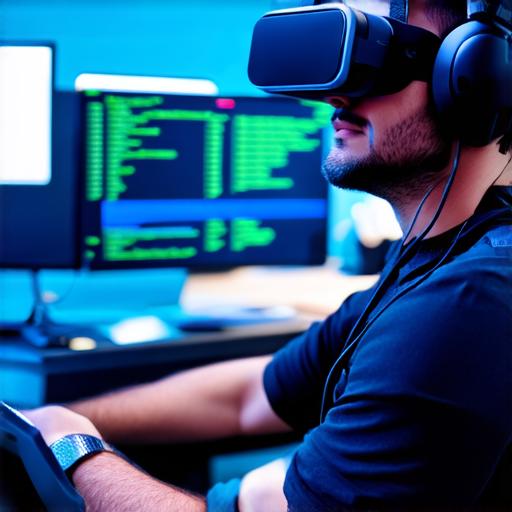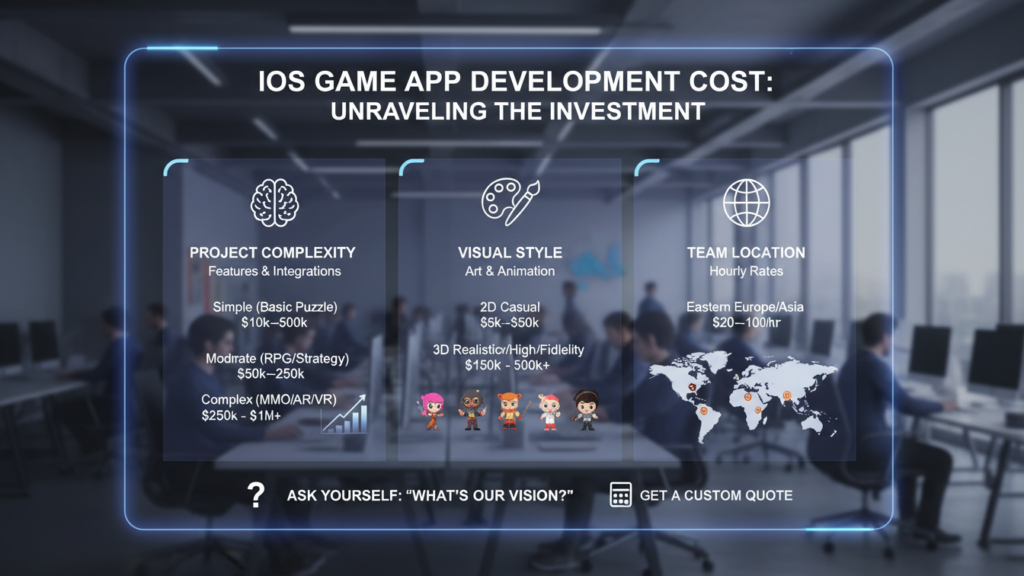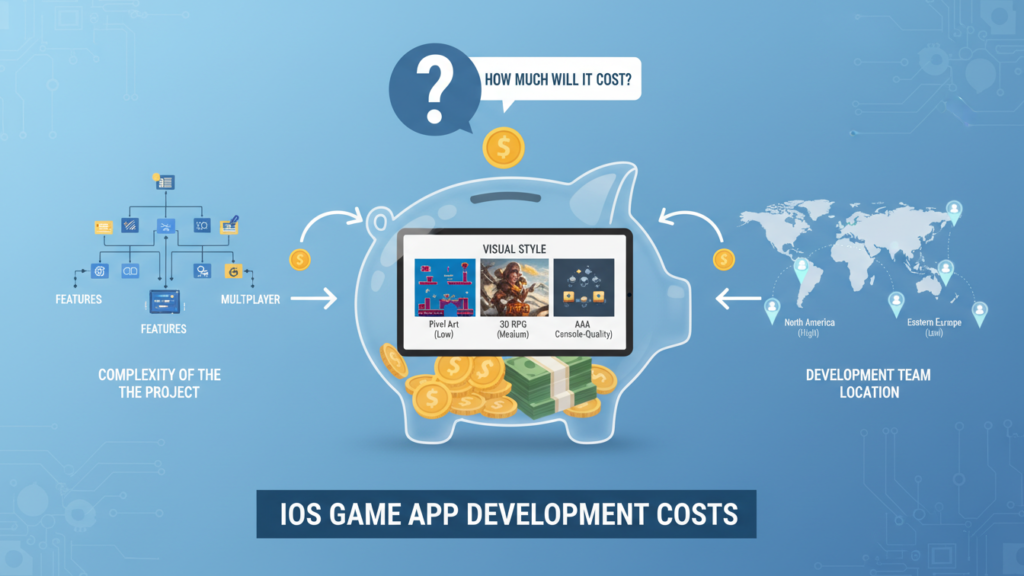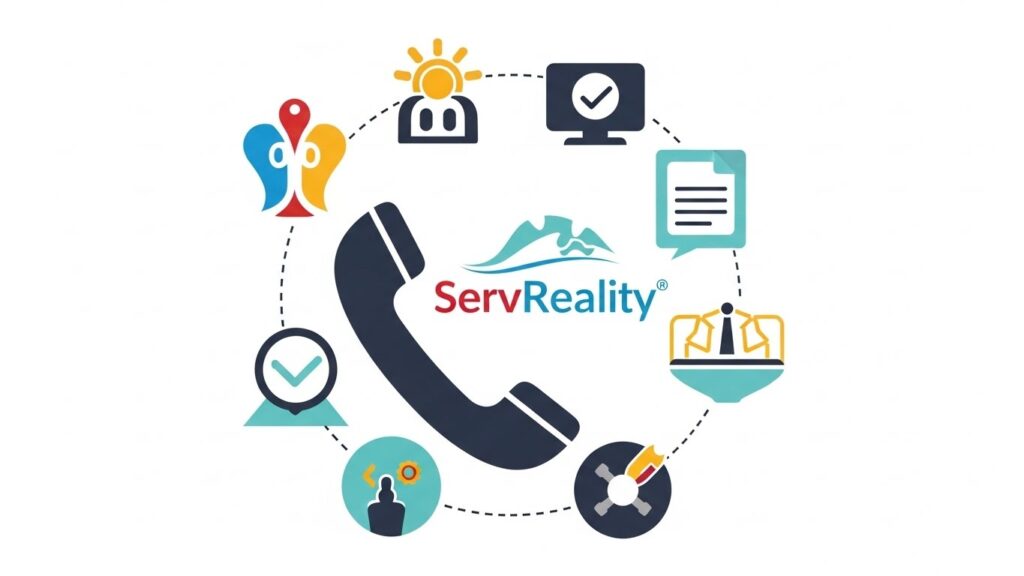
Understanding Virtual Reality App Development
Virtual reality app development involves creating apps that can be experienced in a virtual environment. These apps can range from games to educational experiences to training simulations. The goal of VR app development is to create an immersive experience that engages users and enhances their understanding or skills.
Benefits of Virtual Reality App Development
Virtual reality app development offers several benefits, including:
- Enhanced engagement: VR experiences are highly engaging, which can lead to increased user retention and higher conversion rates.
- Improved learning outcomes: VR experiences can be used for training simulations and educational purposes, allowing users to learn in a safe and controlled environment.
- Reduced costs: VR app development can save on travel and equipment expenses by providing immersive experiences that can be accessed remotely.
Real-Life Examples of Virtual Reality App Development
There are several examples of virtual reality app development in different industries, including:
- Healthcare: VR app development has been used for medical training and therapy. For example, the “Alzheimer’s Virtual Reality” app allows caregivers to experience what it’s like to have Alzheimer’s, helping them better understand and support patients with the condition.
- Real estate: VR app development can be used for virtual property tours, allowing users to explore properties in a more immersive way. For example, the “Re/Max 360” app allows users to virtually tour properties using their smartphones.
- Gaming: Virtual reality gaming has become increasingly popular, with games such as “Beat Saber” and “Half-Life: Alyx” providing highly immersive gaming experiences.
Challenges of Virtual Reality App Development
Virtual reality app development also presents several challenges, including:
- High cost: VR technology can be expensive, which may limit the adoption of VR apps in certain industries.
- Limited accessibility: Not everyone has access to VR hardware or internet speeds required for VR experiences, limiting the potential audience for VR apps.
- Motion sickness: Some users may experience motion sickness when using VR technology, which can negatively impact their experience and reduce engagement.
Best Practices for Virtual Reality App Development
To create successful virtual reality app development projects, developers should follow these best practices:
- Start with a clear goal: Developers should have a clear idea of what they want to achieve with their VR app and how it will benefit users.
- Conduct user testing: User testing is crucial to ensure that the UX and performance of the VR app are optimized for the target audience.
- Use best practices for code optimization: Developers should use best practices for code optimization to ensure that their VR app runs smoothly and efficiently.
- Stay up-to-date with industry trends: Virtual reality technology is rapidly evolving, so developers must stay up-to-date with industry trends and developments in hardware and software.
FAQs about Virtual Reality App Development
Here are the answers to some frequently asked questions about virtual reality app development:
1. What kind of hardware do I need for virtual reality app development?
Developers will need VR hardware such as headsets, motion controllers, and sensors to create VR apps.
2. Can virtual reality app development be used for training simulations?
Yes, virtual reality app development can be used for training simulations in industries such as healthcare, manufacturing, and military.
3. How do I optimize my code for virtual reality app development?
Developers should use best practices for code optimization, including minimizing memory usage, reducing draw calls, and using efficient data structures.
4. What are some real-life examples of virtual reality app development in different industries?
Virtual reality app development has been used in healthcare, real estate, gaming, and other industries to create immersive experiences and enhance user engagement.
5. How do I ensure that my virtual reality app is accessible to all users?
Developers should consider the potential limitations of VR technology, such as limited accessibility and motion sickness, and design their app accordingly to ensure it’s accessible to all users.
Summary
Virtual reality app development offers numerous benefits and opportunities for app developers in various industries. However, it also presents several challenges that must be considered during the development process. By following best practices and staying up-to-date with industry trends, developers can create successful virtual reality app development projects that enhance user engagement and provide valuable learning experiences. With continued innovation in VR technology, the possibilities for virtual reality app development are endless, and we can expect to see more exciting developments in this field in the future.



